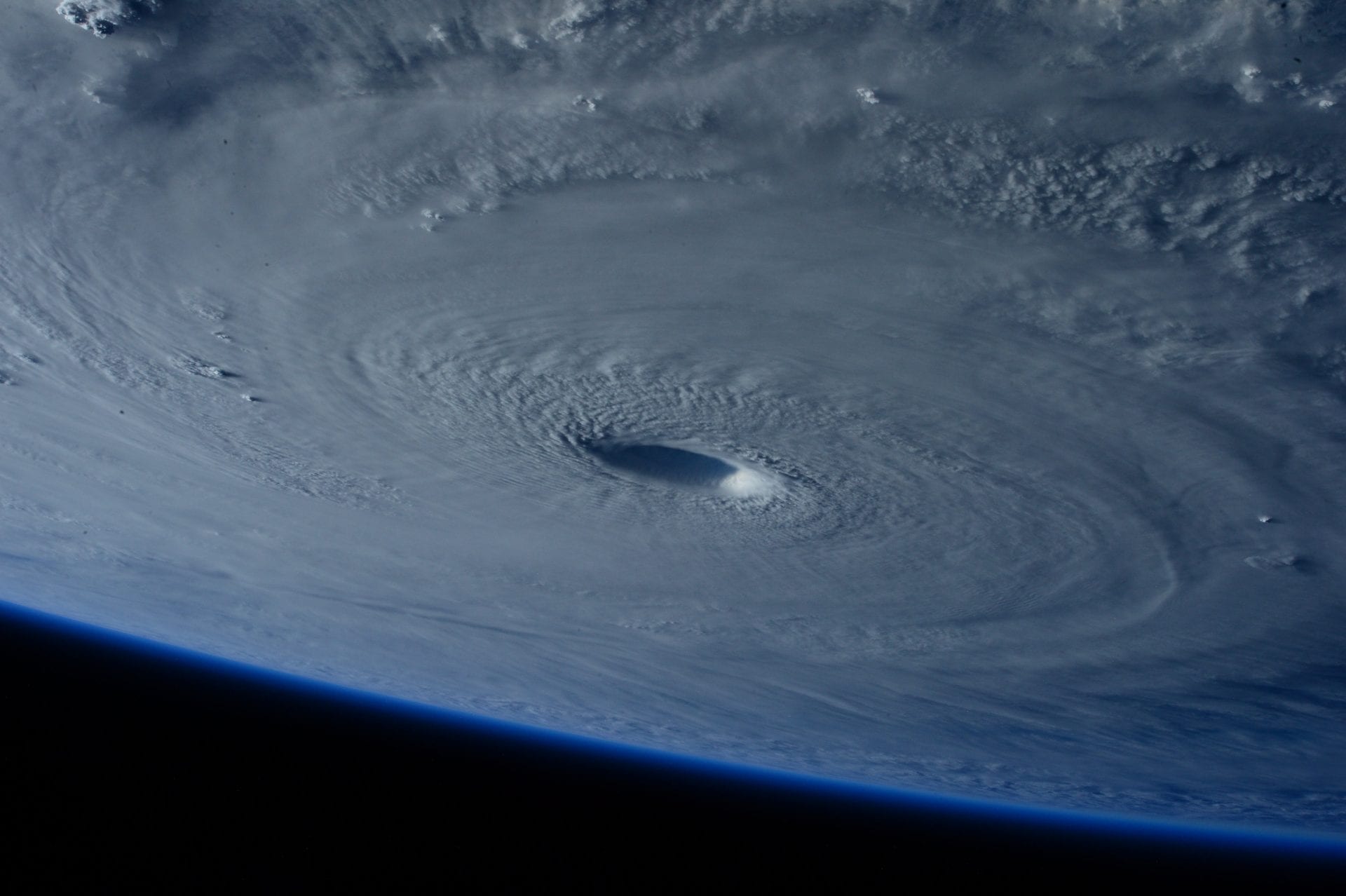Effects of Climate Change Will Be Harsh on Florida’s Industries

A new climate change report paints a dire picture of the world’s economic and natural future — and UCF Coastal experts agree with the findings.
The second volume of the Fourth National Climate Assessment outlines the wide-ranging consequences if global warming continues unchecked, from outbreaks of infectious diseases and agricultural declines to months of wildfires.
The impacts of rising sea levels and more frequent, extreme weather events are of particular interest to the National Center for Integrated Coastal Research (UCF Coastal). This multidisciplinary team brings together biologists, biomedical researchers and engineers with social scientists, planners, emergency managers and economists.
“Unfortunately, none of the issues raised in the recent climate report have simple solutions,” said Graham Worthy, Ph.D., chair of UCF’s Biology Department and UCF Coastal’s director. “We need to find effective approaches that don’t strain our ability to implement them, that work for all stakeholders, and will ultimately result in coastal sustainability. We need to fully integrate science with societal need, and that is what UCF Coastal offers.”
Included in UCF Coastal’s bank of experts is J. Walter Milon, Ph.D., an economist who studies water resource economics, ecosystem valuation, and environmental policy. Milon said that putting a dollar amount on the long-term impacts of global warming — from billions spent on wildfire suppression to the depreciation of coastal properties — makes the impact more tangible.
“When you talk about higher taxes, for instance, to elevate coastal roads, you begin to understand that you can’t ignore the impacts,” Milon said.
Chris Emrich, associate professor of Environmental Science and Public Administration, contributes a background in researching emergency management and long-term recovery from natural disasters to UCF Coastal. He’s a big proponent of what he calls “radical transparency of data,” or providing all the facts to the public about climate change impact and actionable steps to stay safe.
“It’s so easy in our consumer culture to take, use and throw away,” Emrich said. “We need to show our children landfills. They need to touch, feel, learn that everything has an impact somewhere.”
Kristy Lewis, Ph.D., an assistant professor of biology and ecologist, studies the interactions between humans and coastal ecosystems. She shares Emrich’s emphasis on public education.
“We want to focus on the folks who are open to hearing information, and connect on a personal level. You meet with them and give them the tools to make changes,” Lewis said.
The ripple effects of climate change on Florida’s tourism industry are vast, said Sergio Alvarez, Ph.D., an assistant professor in Rosen College of Hospitality Management. For instance, beaches ruined by months-long algae blooms cost seaside restaurants and hotels business, which affects service industry staff, which dries up dollars spent elsewhere in the local economy. Devastating hurricanes ruin vacation spots for years, which puts business owners like fishing guides and the marinas where they store their boats out of work. These are climate change effects that being felt right now, Alvarez said.
“This is not just about the future,” he said.
